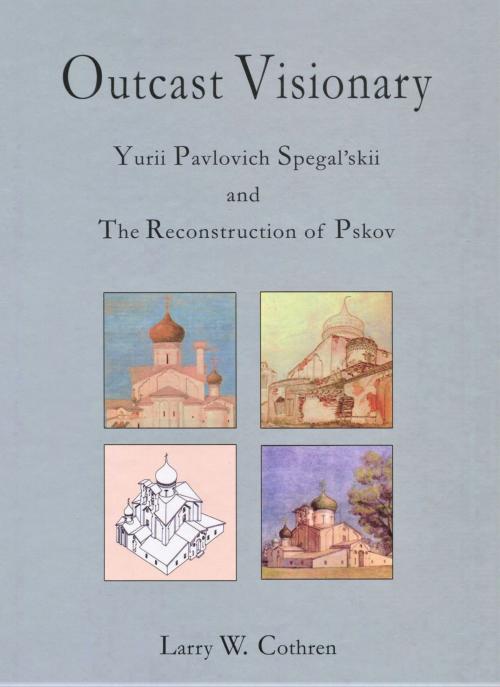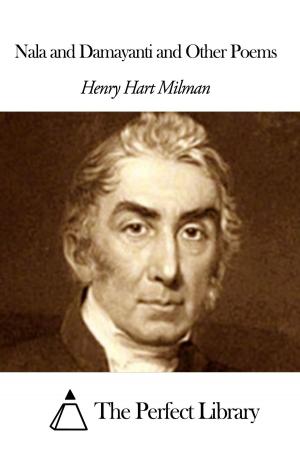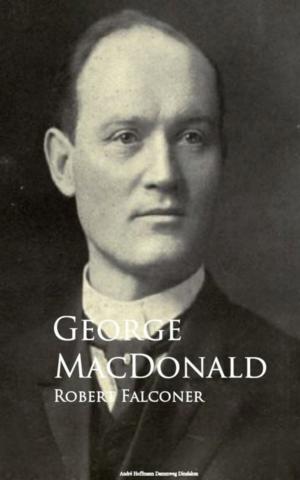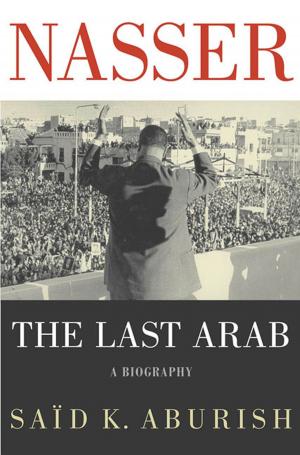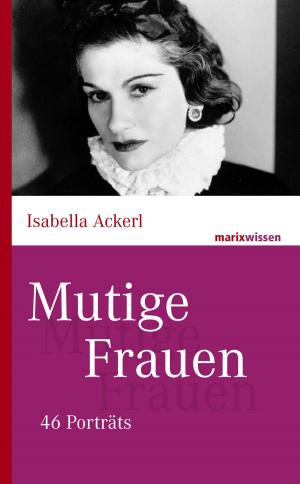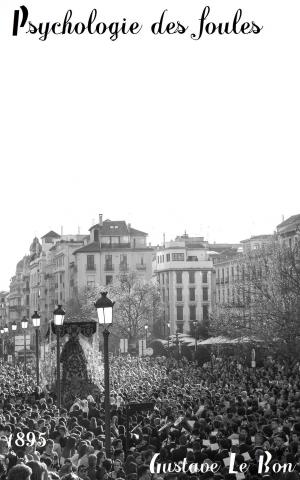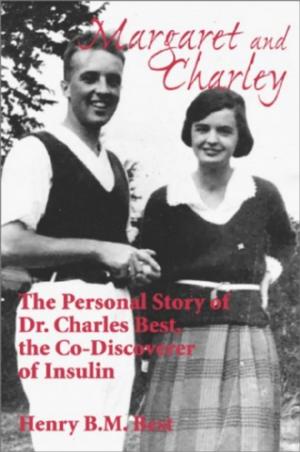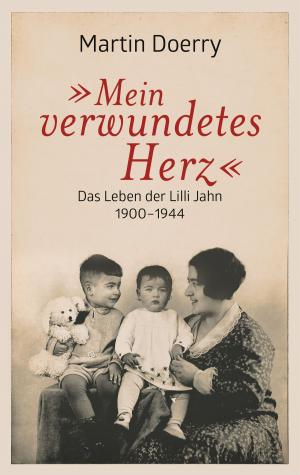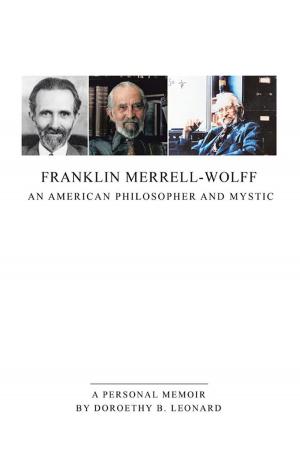Outcast Visionary
Yurii Pavlovich Spegal'skii and the Reconstruction of Pskov
Nonfiction, History, Asian, Russia, Art & Architecture, Architecture, Biography & Memoir| Author: | Larry Cothren | ISBN: | 9781912317622 |
| Publisher: | Interweave Australia | Publication: | October 5, 2017 |
| Imprint: | Interweave Australia | Language: | English |
| Author: | Larry Cothren |
| ISBN: | 9781912317622 |
| Publisher: | Interweave Australia |
| Publication: | October 5, 2017 |
| Imprint: | Interweave Australia |
| Language: | English |
Outcast Visionary: Yu. P. Spegal'skii and the Reconstruction of Pskov, is the first comprehensive, critical biography in any language of this outstanding man, a native of one of Russia's oldest and most beautiful cities, Pskov. It is the story of one man's love and passion for Pskov's architectural and cultural heritage and the struggles he endured to try and save that heritage. Spegal'skii (1909-69) was a man of enormous gifts and wide-ranging interests, stonemason, architect-restorer, scholar, steeplejack, and gifted artist who poured his love for Pskov into art intended to educate and inspire his fellow citizens. He lived in a time of great political and cultural turmoil in Russia and was tempered by the struggles he endured early in his life. Orphaned as a teenager after his father died in WWI and his mother moved away, he raised himself in an abandoned 17th-century house, spending his days drawing the architectural monuments which dotted the ancient city and working as an apprentice stonemason. He moved to Leningrad and became an architect, and returned to begin resurrecting his city's ancient monuments. His work was cut short by WWII, during which he barely survived the siege of Leningrad, camouflaging and preserving the city's damaged architecture. He returned to Pskov after the war, to a city devastated by Nazi brutality, living under extremely severe conditions and supported in his work by his wife, the architect Ol'ga K. Arshakuni.
As the second half of the title indicates, the book chronicles his efforts to preserve architectural monuments in post-war Pskov in 1944-47, detailing his conservation and restoration work, his revolutionary project for architectural reserves and the foundation of the Pskov Restoration Workshop. However, he was eventually driven from his native city by forces opposed to his plans and ideas, the 'Outcast Visionary', an outsider who battled the reconstruction projects undertaken in Pskov by a government hostile to its architectural legacy. The book addresses in detail such topics as his controversial theories on the evolution and characteristics of Pskov stone church and house architecture, his extensive legacy of scholarly publications and his fine, graphic and applied art. In the conclusion, it examines Spegal'skii's lasting influence on the cultural life of Pskov and his relevance for those now engaged in the same battle Spegal'skii fought his entire life: cultural preservation.
Outcast Visionary is illustrated with 190 photographs, graphics and examples of Spegal'skii's outstanding creations in painting, drawing, graphic design, wood carving and other media, all connected with the ancient culture and architecture of his native city, Pskov. With extensive source notes and bibliography, Outcast Visionary is intended for anyone interested in art, architecture, cultural preservation, city planning, and simply the life story of a fascinating and complex man who was tragically '... born out of his time.'
Irina B. Golubeva, architectural historian and former Chairman of the Pskov branch of the All Russia Society for the Protection of Monuments of History and Culture, wrote: 'The book's publication promises to be a significant cultural event in Pskov', and called it, 'A balanced, meticulously researched and respectful examination of the life and work of this talented man against the backdrop of a turbulent period in the history of Pskov. A respectful bow to Dr. Cothren for his work preserving the memories of a complex, by-gone era, 20th-century Russia.'
The author's wife summed up the book succinctly in the Preface: 'At its heart, Outcast Visionary is a love story written by a man who shares Spegal'skii's passion for Pskov.'
As the second half of the title indicates, the book chronicles his efforts to preserve architectural monuments in post-war Pskov in 1944-47, detailing his conservation and restoration work, his revolutionary project for architectural reserves and the foundation of the Pskov Restoration Workshop. However, he was eventually driven from his native city by forces opposed to his plans and ideas, the 'Outcast Visionary', an outsider who battled the reconstruction projects undertaken in Pskov by a government hostile to its architectural legacy. The book addresses in detail such topics as his controversial theories on the evolution and characteristics of Pskov stone church and house architecture, his extensive legacy of scholarly publications and his fine, graphic and applied art. In the conclusion, it examines Spegal'skii's lasting influence on the cultural life of Pskov and his relevance for those now engaged in the same battle Spegal'skii fought his entire life: cultural preservation.
Outcast Visionary is illustrated with 190 photographs, graphics and examples of Spegal'skii's outstanding creations in painting, drawing, graphic design, wood carving and other media, all connected with the ancient culture and architecture of his native city, Pskov. With extensive source notes and bibliography, Outcast Visionary is intended for anyone interested in art, architecture, cultural preservation, city planning, and simply the life story of a fascinating and complex man who was tragically '... born out of his time.'
Irina B. Golubeva, architectural historian and former Chairman of the Pskov branch of the All Russia Society for the Protection of Monuments of History and Culture, wrote: 'The book's publication promises to be a significant cultural event in Pskov', and called it, 'A balanced, meticulously researched and respectful examination of the life and work of this talented man against the backdrop of a turbulent period in the history of Pskov. A respectful bow to Dr. Cothren for his work preserving the memories of a complex, by-gone era, 20th-century Russia.'
The author's wife summed up the book succinctly in the Preface: 'At its heart, Outcast Visionary is a love story written by a man who shares Spegal'skii's passion for Pskov.'
Outcast Visionary: Yu. P. Spegal'skii and the Reconstruction of Pskov, is the first comprehensive, critical biography in any language of this outstanding man, a native of one of Russia's oldest and most beautiful cities, Pskov. It is the story of one man's love and passion for Pskov's architectural and cultural heritage and the struggles he endured to try and save that heritage. Spegal'skii (1909-69) was a man of enormous gifts and wide-ranging interests, stonemason, architect-restorer, scholar, steeplejack, and gifted artist who poured his love for Pskov into art intended to educate and inspire his fellow citizens. He lived in a time of great political and cultural turmoil in Russia and was tempered by the struggles he endured early in his life. Orphaned as a teenager after his father died in WWI and his mother moved away, he raised himself in an abandoned 17th-century house, spending his days drawing the architectural monuments which dotted the ancient city and working as an apprentice stonemason. He moved to Leningrad and became an architect, and returned to begin resurrecting his city's ancient monuments. His work was cut short by WWII, during which he barely survived the siege of Leningrad, camouflaging and preserving the city's damaged architecture. He returned to Pskov after the war, to a city devastated by Nazi brutality, living under extremely severe conditions and supported in his work by his wife, the architect Ol'ga K. Arshakuni.
As the second half of the title indicates, the book chronicles his efforts to preserve architectural monuments in post-war Pskov in 1944-47, detailing his conservation and restoration work, his revolutionary project for architectural reserves and the foundation of the Pskov Restoration Workshop. However, he was eventually driven from his native city by forces opposed to his plans and ideas, the 'Outcast Visionary', an outsider who battled the reconstruction projects undertaken in Pskov by a government hostile to its architectural legacy. The book addresses in detail such topics as his controversial theories on the evolution and characteristics of Pskov stone church and house architecture, his extensive legacy of scholarly publications and his fine, graphic and applied art. In the conclusion, it examines Spegal'skii's lasting influence on the cultural life of Pskov and his relevance for those now engaged in the same battle Spegal'skii fought his entire life: cultural preservation.
Outcast Visionary is illustrated with 190 photographs, graphics and examples of Spegal'skii's outstanding creations in painting, drawing, graphic design, wood carving and other media, all connected with the ancient culture and architecture of his native city, Pskov. With extensive source notes and bibliography, Outcast Visionary is intended for anyone interested in art, architecture, cultural preservation, city planning, and simply the life story of a fascinating and complex man who was tragically '... born out of his time.'
Irina B. Golubeva, architectural historian and former Chairman of the Pskov branch of the All Russia Society for the Protection of Monuments of History and Culture, wrote: 'The book's publication promises to be a significant cultural event in Pskov', and called it, 'A balanced, meticulously researched and respectful examination of the life and work of this talented man against the backdrop of a turbulent period in the history of Pskov. A respectful bow to Dr. Cothren for his work preserving the memories of a complex, by-gone era, 20th-century Russia.'
The author's wife summed up the book succinctly in the Preface: 'At its heart, Outcast Visionary is a love story written by a man who shares Spegal'skii's passion for Pskov.'
As the second half of the title indicates, the book chronicles his efforts to preserve architectural monuments in post-war Pskov in 1944-47, detailing his conservation and restoration work, his revolutionary project for architectural reserves and the foundation of the Pskov Restoration Workshop. However, he was eventually driven from his native city by forces opposed to his plans and ideas, the 'Outcast Visionary', an outsider who battled the reconstruction projects undertaken in Pskov by a government hostile to its architectural legacy. The book addresses in detail such topics as his controversial theories on the evolution and characteristics of Pskov stone church and house architecture, his extensive legacy of scholarly publications and his fine, graphic and applied art. In the conclusion, it examines Spegal'skii's lasting influence on the cultural life of Pskov and his relevance for those now engaged in the same battle Spegal'skii fought his entire life: cultural preservation.
Outcast Visionary is illustrated with 190 photographs, graphics and examples of Spegal'skii's outstanding creations in painting, drawing, graphic design, wood carving and other media, all connected with the ancient culture and architecture of his native city, Pskov. With extensive source notes and bibliography, Outcast Visionary is intended for anyone interested in art, architecture, cultural preservation, city planning, and simply the life story of a fascinating and complex man who was tragically '... born out of his time.'
Irina B. Golubeva, architectural historian and former Chairman of the Pskov branch of the All Russia Society for the Protection of Monuments of History and Culture, wrote: 'The book's publication promises to be a significant cultural event in Pskov', and called it, 'A balanced, meticulously researched and respectful examination of the life and work of this talented man against the backdrop of a turbulent period in the history of Pskov. A respectful bow to Dr. Cothren for his work preserving the memories of a complex, by-gone era, 20th-century Russia.'
The author's wife summed up the book succinctly in the Preface: 'At its heart, Outcast Visionary is a love story written by a man who shares Spegal'skii's passion for Pskov.'
